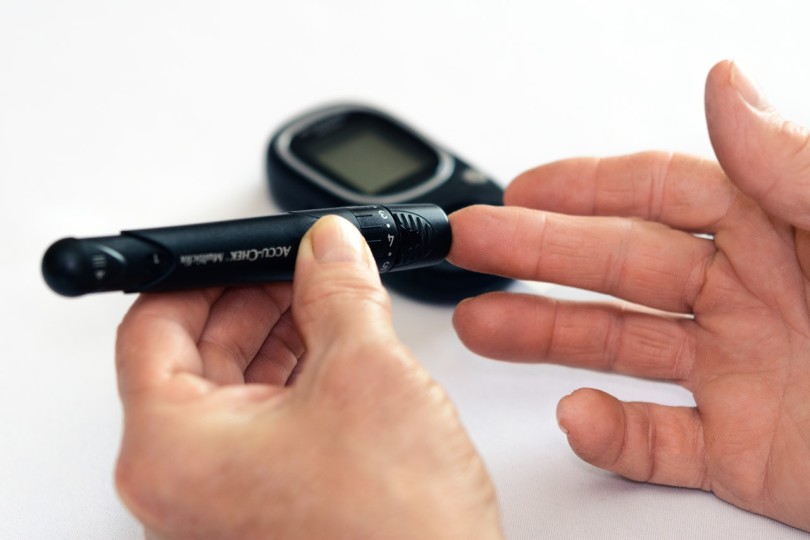Is Autonomous Driving coming to the UAE?
26 Apr 24
Lab ChatThe Global News Source for the World of Science and Chemicals
23 October 2019
Lab Chat
Doctors in the UAE have been reporting fewer diagnoses of diabetes over the last couple of years, with the introduction of the so-called “sin tax” in 2017 thought to be behind the phenomenon. A 50% tax was applied on all drinks containing excessive levels of sugar in October 2017, while the law was recently expanded to also include fruit juices and non-carbonated drinks with additional sweeteners.
Although there are no statistics available to perform a like-for-like comparison, anecdotal evidence from the Canadian Specialist Hospital in Dubai suggests that incidences of new type 2 diabetes sufferers are on the wane. That shows that the initiative is having its desired effect and constitutes a positive start to tackling the problem of obesity and ill health in the country.
Type 1 diabetes is an autoimmune disease that is either inherited through genetics or developed in childhood, often being diagnosed for the first time after symptoms have already surfaced. Type 2 diabetes, on the other hand, can also be hereditary but is largely influenced through lifestyle and diet. In general, type 2 diabetes is more commonly observed among overweight and obese people.
The UAE has long struggled with both obesity and diabetes. In fact, in 2016, the latter was found to be the seventh most common form of premature death in the Emirates, up from 11th in 2005. However, measures such as the “sin tax” have made inroads into the problem and served to reverse this worrying trend.
Since the introduction of the tax two years ago, sales of fizzy drinks have fallen by up to 65%, according to market research experts Euromonitor International. Health figures from the corresponding period are not available but those between 2010 and 2019 give reason for optimism, with obesity falling by 25% and diabetes by over a third during that period.
“The major argument in favour of sin taxes is that by making something more expensive, it makes people think twice about buying these unhealthy products,” explained Prasanth Manghat, CEO of one of UAE’s biggest healthcare firms. “If that something is a sugary drink, or a chocolate bar for that matter, opting not to buy and consume it is a good thing.”
It’s not only among Emiratis that the taxes have been shown to be effective in curbing consumption of unhealthy produce and improving public wellbeing. Mexico introduced a 10% levy on non-alcoholic beverages containing additional sugar in 2014 and noticed an immediate drop of 7.6% in their consumption the following year. What’s more, the $2.6 billion raised via the tax could be invested into water fountains in public schools.
Elsewhere, the UK brought in its own “sin tax” in April of last year, resulting in a sugar reduction of 28% per 100ml in fizzy drinks and juices. The effect of the law has seen manufacturers include over 30,000 fewer tonnes of sugar in their products and consumers take in 37.5 billion fewer calories each year. These corroborating results prove that “sin taxes” really can be effective in curbing damaging behaviour, both at home and abroad.
DOWNLOAD PDF

2 Day Seminar Program
@ ArabLab+ 2024
24 & 25 September 2024
22 Apr 24
Lab ChatYour stay in Dubai
Labkit
Product News
Chemkit
Product News
Thinking about exhibiting at ARABLAB 2024? Watch our video to find out more.
Join the world’s leading organisations…
Join our mailing list and receive the ARABLAB newsletter and event updates.